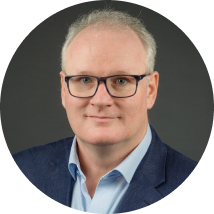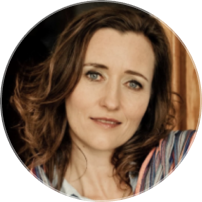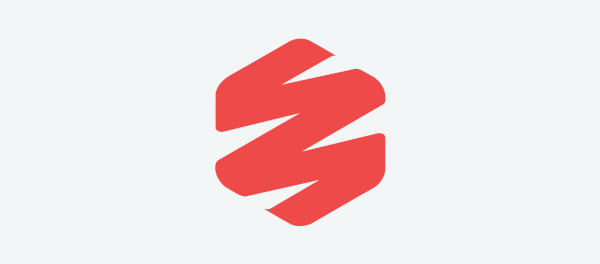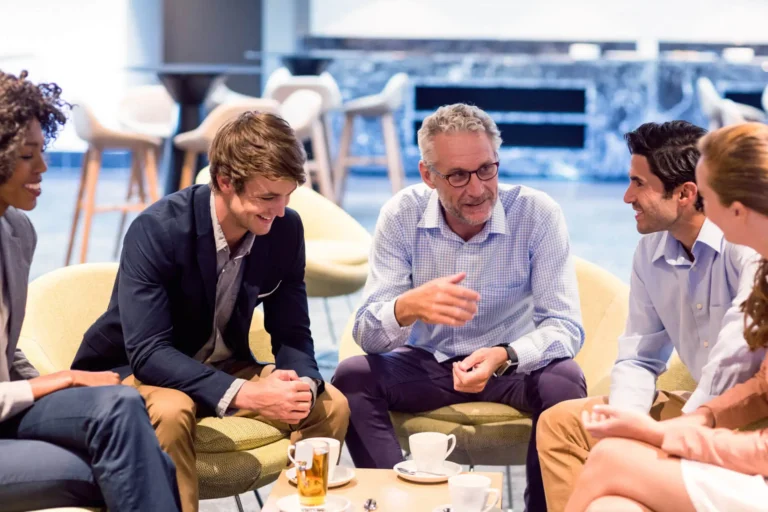Whether related to process, people or product, founder evolution is vital to achieving a successful Series B. Here’s how.
Let’s start with a metaphor. In the first stage of a company’s journey, the founder is in sole charge of steering a speed boat towards a Series A. Their captaincy is about instinct, quick reactions and self-belief. However, the conditions change for the next leg of the voyage and to reach Series B, the founder is now in charge of a sailing ship, which requires an entire crew to engage the sails and operate the additional equipment. The captaincy is about data, foresight and delegation.
As argued in our upcoming research report, everything starts at the top. It’s just that to successfully chart a course to Series B, that leadership – and by virtue, the founder – must adapt to the new conditions. Here’s how.
Process: personality metamorphosis
“Founders, typically product people, get to Series A with a passion and an incredibly rich relationship with their product and often their clients, so success is about trying to synthesize all of the great things that they do and transfer that into process and people, allowing the founder to do the job of a real CEO……this ultimately requires the founder to let go and, for many of them, such a profound change is very difficult.”
Carter Perez, ScaleWise Coach
It’s hard enough kicking a bad habit, but founders aspiring to Series B need to undergo a full-blown personality shift. That’s because the character traits that got you this far – passion, intuition, jack-of-all-trades determination – need to be replaced with their polar opposite as you implement more stringent processes and structures.
This is especially true when it comes to decision-making. With Series A investors on board and Series B investors at the next port, the company’s direction is no longer at the behest of the founder’s instinct. Instead, founders must swap a gung-ho mentality with humility and accept outside input before making major decisions. What’s more, as scale-ups evolve from a team of generalists to a crew of specialists, founders need to learn to delegate responsibility, trust in their team’s ability and focus purely on their own distinct role: steering the ship forward. Not always easy for those with a roll-up-your-sleeves and get stuck-in mindset.
People: changing the team dynamic
“You need to be really selective about hires because the cost of a bad hire is far greater than the cost of not getting someone in place fast enough.”
Brian Reavell, VP Sales, Suuchi Inc
After raising a Series A, you need specialists with specific skill sets taking charge of specific functions, which leaves the founder with two choices: promote internally or hire externally. Both are fraught with risk.
Take hiring, for example. As many first time founders tend not to have much hiring experience, it’s unlikely to be their forté. This can lead to diligent yet sub-optimal decisions, such as finding an incredibly qualified sales leader with years of experience to take on the sales function. It may seem a great choice, but those with 10+ years as a CRO are better at speaking to the boardroom rather than coaching sales reps and building your playbook from scratch. It’s a backtrack for their career and even the sales tools (e.g. LinkedIn’s Sales Navigator) have changed.
Instead, founders need to make the right hire for the right moment and this involves understanding the specific challenges that need solving right now, taking advice and following the metrics. You need to analyse your business strategy – your Series B end-goal – and work out what roles, functions and results are needed to get there before heading into the hiring market. You don’t want to hire a seasoned quartermaster when you need a deckhand.
People: changing the team dynamic
63% of experienced founders and revenue leaders thought that closing Series B was outright impossible with non-scalable systems and processes, ScaleWise Report.
Scalable structures, repeatable processes and data-orientated decisions are key to convincing Series B investors that your ship is headed in the right direction. Founders therefore need to say goodbye to the anything goes dynamism at Series A and put rules in place that promote the better use of inputs, plot a clear path to scale and ensure all team members know exactly what they’re doing and why.
From constantly iterating your value proposition and getting timely feedback from customers to narrowing your ICP and developing concise messaging, the more clarity you have, the easier it is to solve problems and propel your company forward. As Scale Coach Nia Barnabie says, this comes down to “identifying, reporting, evaluating, challenging and acting on data,” followed by hypothesising and re-testing the data and not taking them as blind fact. At Series B therefore, founders must learn to follow the data over gut feeling.
Report to the deck
Of course, this is just a broad overview. As anyone who’s ever sailed a ship will tell you, there’s far more to it than simply studying the charts and releasing the anchor. That’s why we’ve extensively consulted our own community of Scale Experts as well as seasoned founders and revenue leaders from the London Chapter of Pavilion (formerly the Revenue Collective) as well as VCs to better understand the most common passages and pitfalls of raising Series B investment as a SaaS start-up.
Read more in our research report: ‘How to get from A to B with the benefit of hindsight’.






